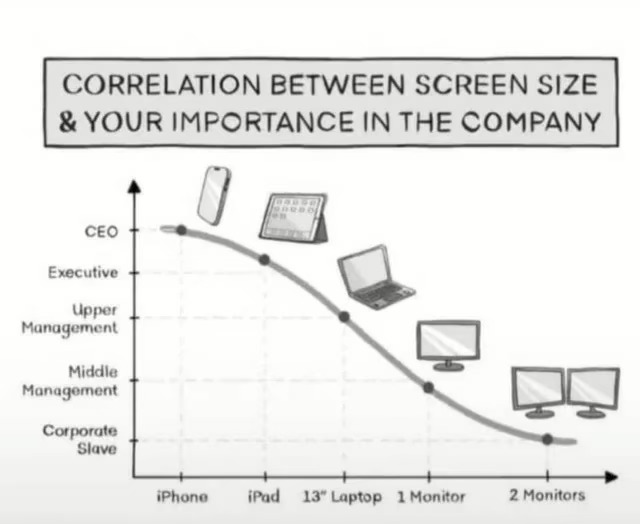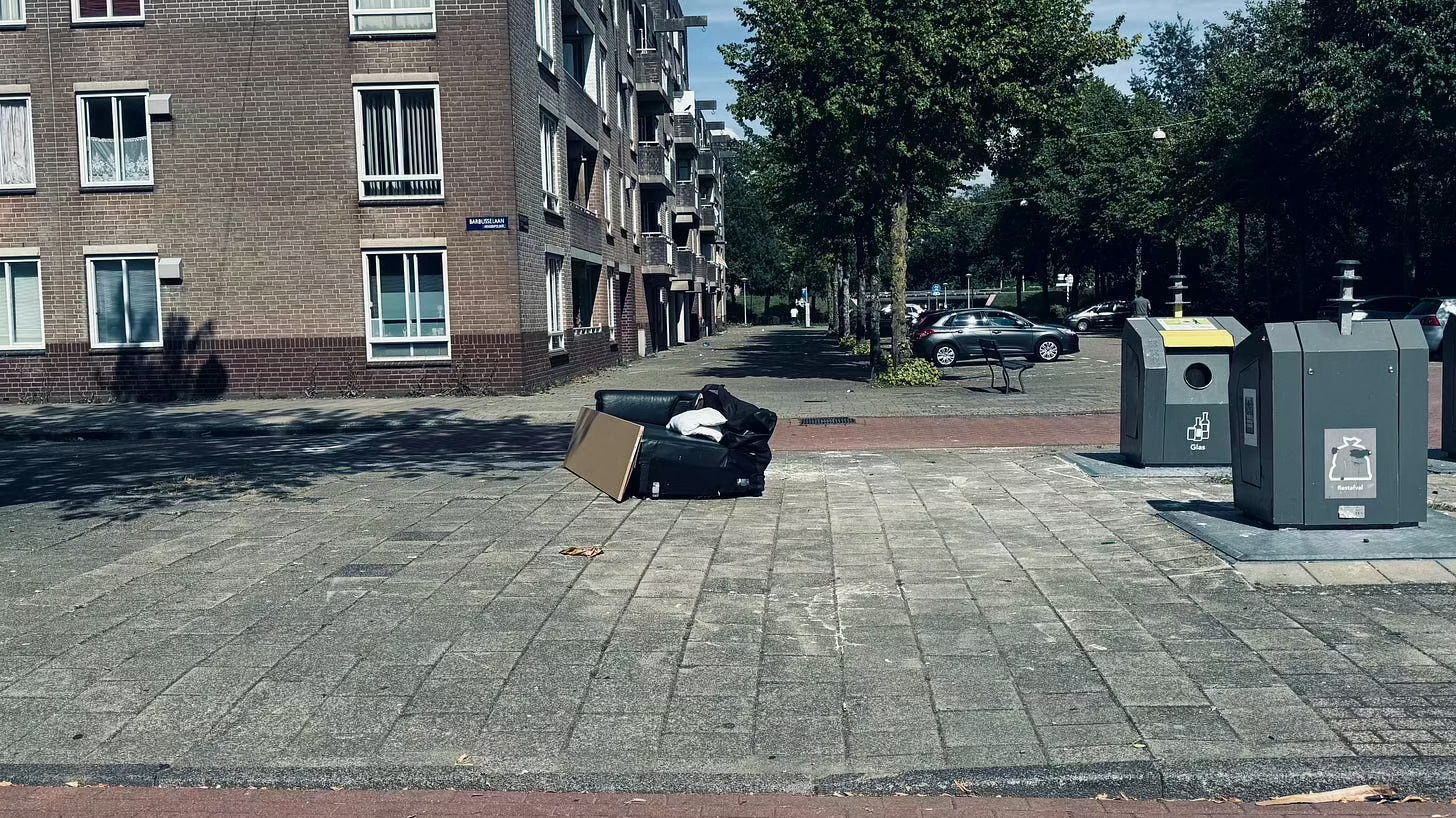Lots of AI slowdown and skepticism in the past week. Likely due to the letdown of the GPT-5 release, I guess?
First, though from last month, The Economist asks “Why is AI so slow to spread?”
GPT5 says it says:
Integration Costs and Technical Frictions
Many businesses haven’t integrated their datasets effectively into the cloud, creating latency and transaction costs. Even with AI tools available, getting data into the right format and place is a barrier—making adoption slow and expensive.
Human & Organizational Inertia
Firms change slowly. Processes, corporate cultures, and organizational rigidities resist adopting new technology. Even if executives see the value, implementation often stalls amid internal resistance.
Middle Management Resistance
Leadership support doesn’t always translate into action. Middle managers may block or delay AI initiatives—whether due to fear of change, job displacement, or disruption of existing workflows.
As the digital transformation, DevOps, etc. people would say: culture. Except, rightly so, it’s also technology: data integration. If all the IT (“data”) in your organization isn’t ready for it, adding in a new technology doesn’t solve all your problems. If you isolate the new thing, then maybe for new application. But, spreading AI to existing technology and apps (“legacy”) is very difficult.
We just happen to have a survey out that charts this idea. I made a tiny video about it last week:
IT people at large organizations often complain that they’re spending 80% “just on maintenance.” I take this to mean that they’re not adding new things to their existing apps and IT portfolios. There are numerous reasons, but it’s usually because those apps and portfolios have not been managed to be easily changeable and highly automated.
This is where I come in and say “too bad that over the past ten we decided to rebuild the basic infrastructure and throw out all that PaaS work.” I’d complain, but who would listen?
The important part is that we have a new tool - AI - and it’s likely incompatible with most enterprise IT. From what I understand, this is what organizations like Palantir spend a ton of time doing: just getting around “the culture” and the legacy technology problems.
Hey. That’s what enterprise IT always is. Balancing stability with innovation. You need a good foundation for it, a good set of practices, and an executives who understand how that kind of multi-decade system works.
More links on this “is this is a good as it gets?” thought leadership of last week below.
On last week’s Software Defined Talk: “This week, we discuss GPT 5.0, the emerging AI ecosystem, and why TAM is basically a bedtime story for investors. Plus, Coté serves up a masterclass on kolaches.” Listen to it, or watch the unedited video if you’re into that kind of thing.
Wastebook
“the land of the overthinkers.” dis u?.
“a sovereign wealth fund’s worth of GPUs.” In Twitter.
“New England exceptionalism.” Here.
“I was at a corporate team-building event, because I wasn’t persuasive enough to not be.” Worst Game Ever.
“What comes next is not the next spectacular demo but the quiet absorption of today’s tools into the 80 percent of the economy that still runs on Excel and email.” Eventually, the civilization changing tool has to actually so something.
“Happiness, which is Smiles minus Frowns.” KISS. // Also, if you’d like to give away all your money to pursue happiness, email me, I can take that load off your soul.
“Nostalgia bait,” Sharp Tech, August 15th, 2025.
”I’m not sure you can slur furniture, but you can see where it’s going.” W.E.
“It turns out that DC is mostly just a place where ordinary people live and work and occasionally throw their meatball subs at an occupying agent of the state.” Update from DC.
“The Hip Swayer, The Beat Layer, and The Guitar Slayer.” On Khruangin.

Relative to your interests
New survey reveals key differentiator for successful AI adoption - “With 71% of organizations actively deploying artificial intelligence (AI) at scale, the companies experiencing the most dramatic success share a common characteristic: They’ve made the most significant investments in IT modernization and are undertaking multiple AI projects simultaneously.”
“What comes next is not the next spectacular demo but the quiet absorption of today’s tools into the 80 percent of the economy that still runs on Excel and email.” Eventually, the civilization changing tool has to actually so something.
Are you willing to pay $100k a year per developer on AI? - Eventually, you have to pay for that business value.
Who does your assistant serve? - Against AI for therapy and friendship, etc.
The Top AI Tool for Devs Isn’t GitHub Copilot, New Report Finds - “LeadDev’s respondents, too, mostly believe that AI has made them more productive, with only 5% saying there was no change and 10% saying it was making them less productive. But 26% also said that they weren’t sure or didn’t know, which, as Carey noted, points to the fact that many organizations also don’t have a way for tracking developer productivity.”
Why AI Can’t Crack Your Database - “The real challenge lies in business context. Understanding what the data means, how different teams define metrics, and when edge cases matter.” // The app and data are what matters, and so you need to integrate it into the business, the people.
The Hidden Cost of AI Pilots that Never Scale - “Scale” - that is, doing a lot of it across many different parts of your business - is where most enterprise software businesses cases succeed.
GEO best practices for in-house PR teams | Muck Rack Blog - SEO and PR for AI. Figure out what questions your customers (and influencers) have and publish answers on the web. Also, influence others (press, etc.) to write-up things the way you want it. This is all so that the AIs will find that content and get trained on it.
Is GPT-5 really worse than GPT-4o? Ars puts them to the test. - This is a good way to review AIs.
How to Tell if Something is AI-Written - Sure, those are good heuristics. But, I mean, if it’s good and useful, who cares? // Companion piece: how to tell if something is badly written. It is bad.
Resist AI! - Meanwhile, if you’re opposed to AI, some tips and tactics. Related:
The forgotten war on the Walkman - The new thing is always going to destroy civilization, or at least proper behavior.
A guide to platform engineering - For those who want to “be like Google.”
The European Cloud Dilemma: Innovation Versus Digital Sovereignty - Tough call.
Great episode - two people who know how to podcast together flawlessly.
The Creator Economy Is a Race to the Bottom for Human Dignity - “Edelman Trust Data reveals (especially for Gen Z) that people are more likely to trust what a creator says about a brand than what the brand’s own CEO says about the brand. Compounded by parasocial relationships and a dash of isolation, people believe what tech YouTuber Marques Brownlee tells you about the new iPhone more than the company which made it. This is not a new realization…. But, it turns out that 61% of people actively hold grievances against governments, businesses and the rich.”
What happens when one storytelling style dominates the world? - ‘I realised this, at first, when I was reading Strange Tales of the Chinese Studio, a novel written at the end of the Ming dynasty. I was amused that each story ended in a way that would make most Western readers (and probably modern Chinese ones) frustrated. It doesn’t always end with justice for the protagonist. It seems to say to us: Well, life is like this, what can we do?… What most Westerners would call a “bad ending.”’
Helen Garner’s ‘How to End a Story’ - Noticing.
Logoff
Good Garbage Chairs of Amsterdam in a neighborhood I used to bike through frequently:
One of my heuristics for a good hotel is if there is an ironing board in the room. The Moxy’s often have a little room for ironing on each floor. I do not like the Moxy chain. I stayed at the downtown Mercure Hotel Tilburg Centrum recently and it was nice with fantastic walkability. It had this shared ironing board situation however, which I found disturbing:
I do like the idea that this is some kind of chosen, Euro-socialism statement, though, with some anarcho/punk flavoring from the old squatter days. “We should share resources” and “why the fuck would you want to iron anything anyways, capitalist pig-dog?”
It was a good stay. I’d definitely stay there again.

